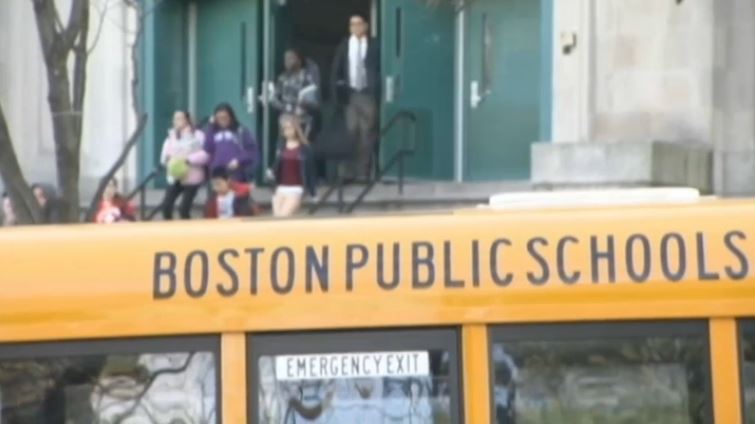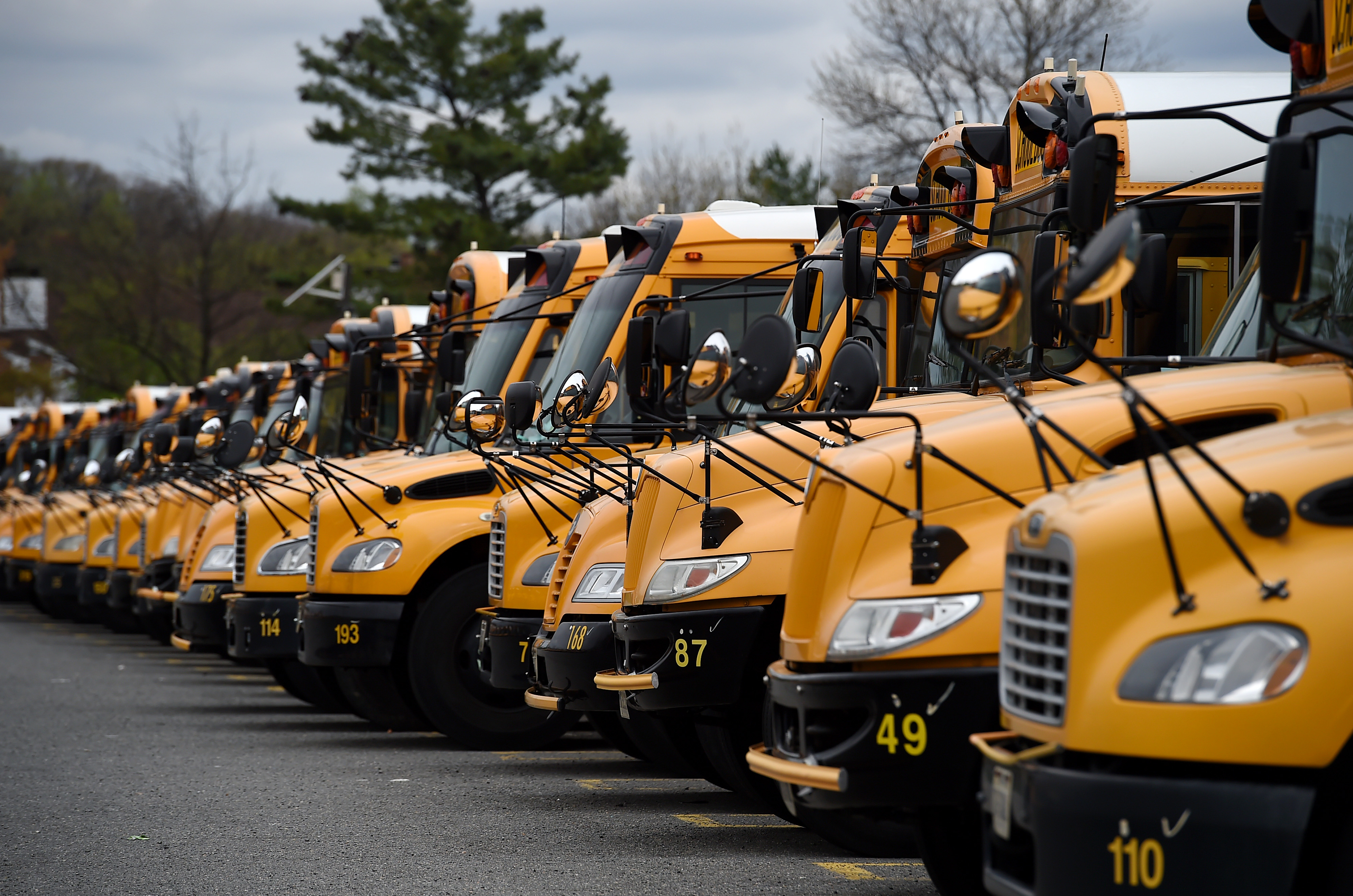The state's education department has issued guidelines for transporting students to and from school and how to keep buildings safe amid the coronavirus pandemic Wednesday.
The guidelines issued by the Department of Education, officials encourage schools to promote parents bringing their children to school and having students walk or bike, rather than take the bus. For students who don't have alternative ways to get to school, the state suggests maintaining social distance on buses by adding more routes, staggering schedules and pursuing a waiver for student learning time requirements.
School districts can request waivers from the state for student learning time requirements if they need more flexibility to implement coronavirus safety protocols, including strategies like staggered schedules.
The facilities and operations guidance instructs schools on how to properly prepare spaces, create systems and other space-use modifications and develop operational protocols. Districts are encouraged to enforce proper coronavirus safety measures including masks, hand washing, physical distance, sanitizing, opening windows and developing traffic patterns throughout the building.
Creating cohorts, or groups of students who stay together on a regular basis, to limit interaction with others, is also strongly encouraged. Each district is being asked to develop a facilities and operations plan or checklist to ensure the methods are maintained.
The transportation instruction also calls for people to wear masks on the bus and for windows to be open at all times as well as a one-student per bench in alternating rows. Students will be assigned a seat on the bus and schools are encouraged to add bus monitors to enforce the rules.
Children from the same household are excluded from the three-foot minimum distance requirement and can sit together on a bench.
School districts are being asked to create transportation plans to address the requirements laid out by the state. Schools are also encouraged to develop pick-up and drop-off protocols to avoid overcrowding and to work with parents of students in special education programs to address individual needs.



